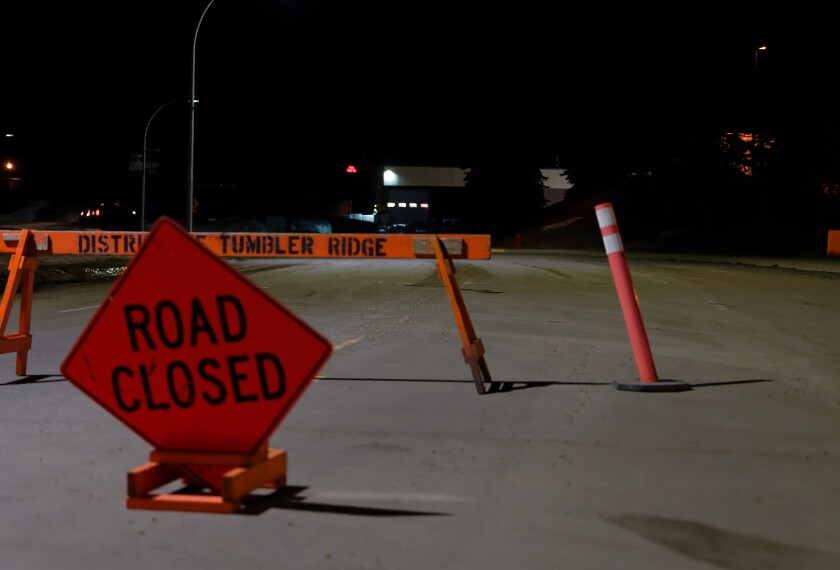At a high school in the Bronx, a teacher has found a way to reach students who don’t usually participate in class: online gaming.

Monique Paes, a special education and literacy intervention teacher for Bronx River High School in New York City, had an autistic student who had “a hard time coming out of his shell” with his peers in the classroom. It wasn’t until Paes used board games as an incentive for her class on Fridays that “a light switched on” and the student started talking to his classmates and joining the fun.
When her school was doing full-time remote learning during the pandemic, Paes continued her Friday games through virtual gaming. There was so much positive feedback from students that when they returned to the school building, she turned it into an after-school esports club to give students a safe space to play and compete with each other.
Paes talked to Education Week about how esports can foster students’ social-emotional skills and the other lessons she’s learned from leading the esports club. This interview has been edited for brevity and clarity.
How does esports affect students’ SEL skills?
I started to see how gaming with kids could bring out a side to them that I didn’t traditionally see [in a] teacher-student relationship. Oftentimes, you’ll see a completely different characteristic when you see them gaming. They’re focused, they’re driven, they communicate well with each other. That’s one of the things that teachers that are not in the esports world don’t have the time to see. It’s one thing I aim to do within the next year or so [is to] invite them in and have them see that a student that may give them a hard time in class is a completely different person while playing a game.

What other esports opportunities do students at your school have?
I’m in the works of teaching a literacy-based class where we will be looking at creative writing: Students can [work on] world-building and creating characters. I’m working with our school’s newspaper to bring in our journalists to write video game reviews, to interview kids and teachers about their favorite games. Then there’s the marketing aspect: fundraising, grant writing. I’m hoping to start it in the fall of 2023.
How does your administration feel about the esports club?
[The principal is] all for SEL. The one thing that he wants anyone that comes into our school building to see is that we’re a community. We’re there for the students. We want to see them happy and we want to provide them with an education that makes them want to come every day. The students know that we’re there to provide a space for them to be themselves. All of us do that in different ways. My approach is through gaming.
What’s a problem you’ve run into?
The Wi-Fi. That’s one of the things that the students complain about. Wi-Fi is not that great.
And with [the video game] Smash Bros, students can’t play competitively with other kids in the different schools because the New York City Department of Education has that port blocked. I would have to do a lot more work to provide that competitive experience for them. They can compete against each other [within our school], but there’s a completely different sense of winning when you’re playing against another school.
If you could start over, what would you change?
I think that I would choose one game. I would concentrate on really learning the craft so that I could know how to coach them. I would also learn more about what it takes to create that sense of camaraderie and dedication and accountability in the students. And I have since learned that structure that you need in order to have a sustainable program so that kids know that this is so much more than just gaming.
What do other educators need to know before starting an esports club?
This is really for those people who are willing to go above and beyond. This is not something where you just sit there and let them play. You have to do a lot of work. Just like we demand these students to study and learn, we also have to be humble and willing to study and learn where they are, what games they’re interested in, what makes these things so intriguing, what are the things in this game that makes them feel that drive to be better?
And most importantly, find those key students who are willing to help you, because at the end of the day, this is for them. In order to make it sustainable, you need to make them know ‘this is for you, and you’re gonna pass this on to the next kid.’








